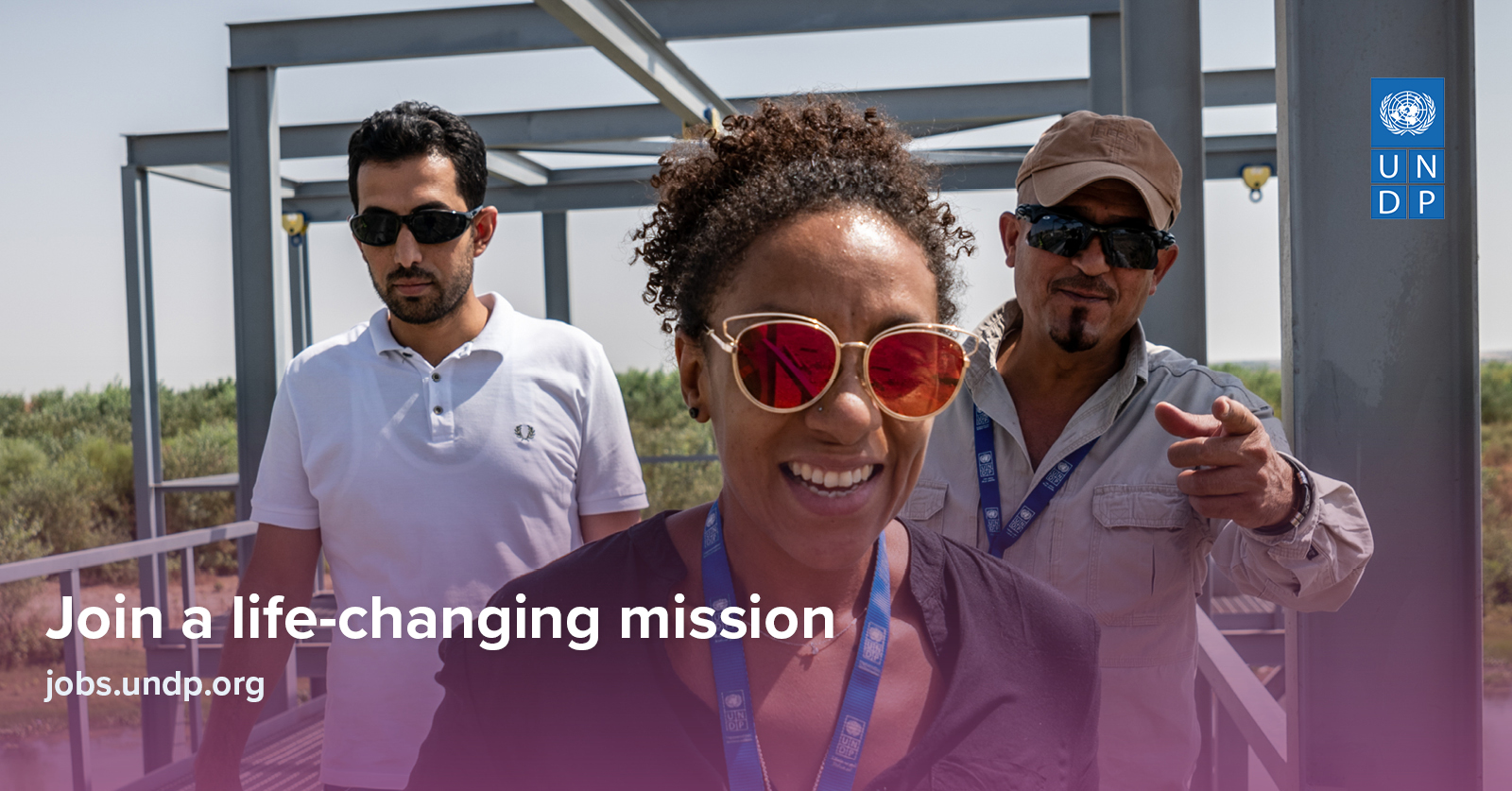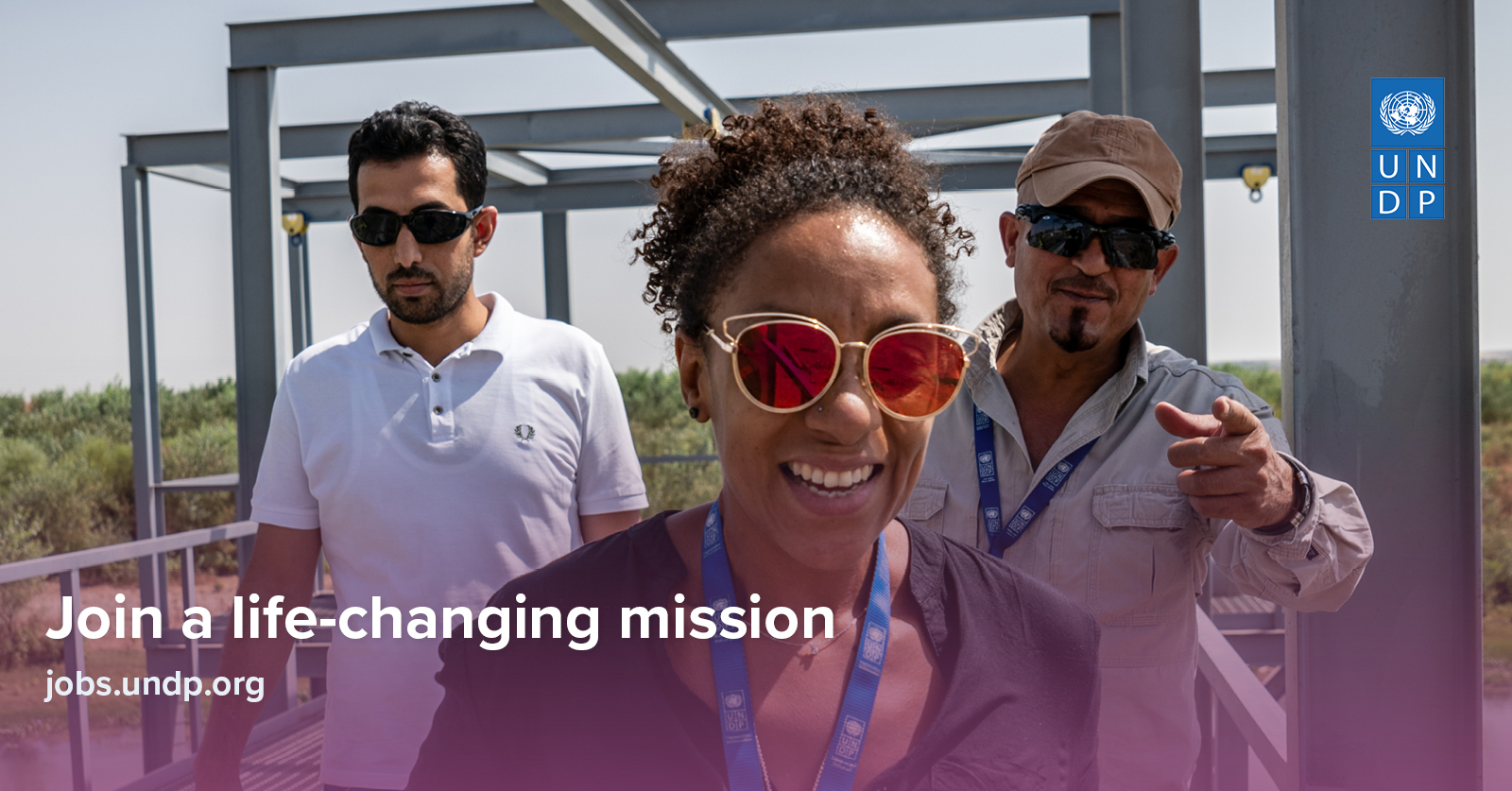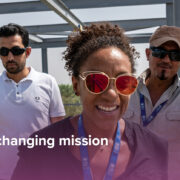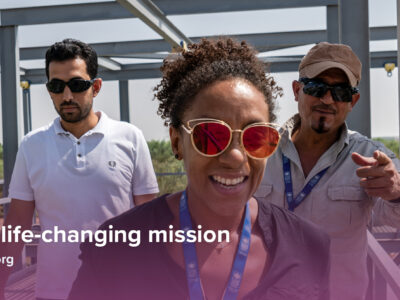
The particular structural conditions of the illicit economy in Guinea-Bissau will benefit from a
drive to achieve greater openness and debate on the factors underlying the illicit economy, in
parallel with any attempt to reinforce state institutional and regulatory responses. To achieve
this, the UNDP in Guinea-Bissau has partnered with the Global Initiative against Transnational
Organized Crime to create a civil-society observatory of the illicit economy in Guinea-Bissau. The
observatory is expected to link local communities and the proponents of political reform, by
providing objective research and analysis, sourced from community and civil-society networks,
which focuses on the nature and damaging impact of the illicit economy in Guinea-Bissau.
The ultimate objective of the Observatory is to enhance community resilience against organized
crime in Guinea-Bissau, by directly support and incubating an independent civil society capacity
for regular and public reporting on the extent, nature and impact of the illicit economy in
Guinea-Bissau. The project specifically focuses on the empowerment of civil society to improve
national and international responses to organized crime, in particular through producing and
sharing better data and analysis and promoting engagement and trust-building dialogue.
Civil society can play an important counterpoint to elite capture of illicit activities. In particular,
success is greater if the approach is linked with attempts to strengthen and build partnerships
and strong communication and information sharing, with law enforcement. This is at a nascent
stage in Guinea-Bissau where there are growing ties between some prominent civil society
activist and widely respected individuals in the law enforcement sector. It is clear that civil
society is committed to the rule of law in the country, and with the necessary tools can observe
and analyse the activities of the judiciary and would make public any abuses.
Although the sector remains weak and itself subject to politicization independent civil society
organizations in Guinea-Bissau are already playing an important role. Civil society provides an
opportunity to support both the building of a broader alliance to help highlight the illicit
economy (also in areas such as forestry and fisheries crimes) and provide independent sources
of objective information, ideally that after should be checked and validated by the competent
authorities.
Through a joint UNDP/GI-TOC project, the partners are pioneering the development of regular
reporting on organised crime and illicit market trends in Guinea-Bissau. The project experience
in regular reporting and analysis allows to influence decision makers about the nature, extent
and priorities in the organised crime debate. It is also expected to provide support to key
stakeholders and field networks and analysts to remain on top of unfolding developments,
shaping the writing of more targeted and better analysed longer-term reports. High quality
analysis and reporting which is sourced from Guinea-Bissau is therefore a crucial addition to the
current regional debate, providing new insights into developments.
The Project aims to limit the harms of illicit economies by working with vulnerable populations
to enhance awareness and mitigate the risks of increasing drug use and the borderland areas
identified constitute key transit areas on international drug trafficking routes. As has been
tracked across Africa, local distribution markets target marginalized and socio-economically
excluded populations, compounding their vulnerabilities so interventions are urgently required
to hamper the growth of significant domestic consumption markets, in line with patterns
repeated by other transit states.
Currently data on drug use in the sub-region is scarce. Governments are extremely sensitive to
scrutiny of drug use within the country and leveraging data to adjust national policies in drug
consumption prevention can therefore be a powerful tool to state actors.











Comments